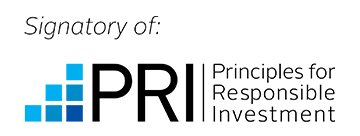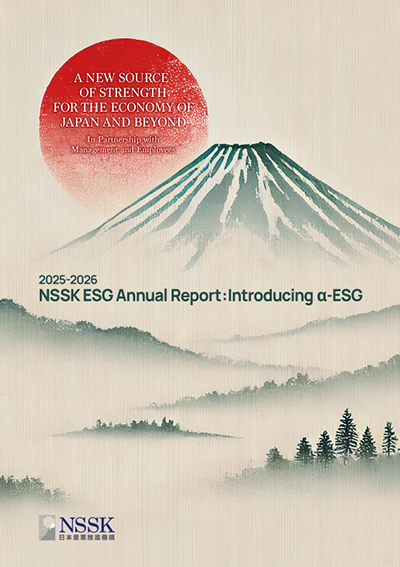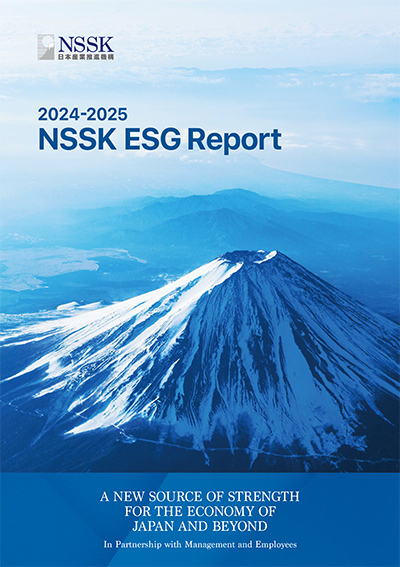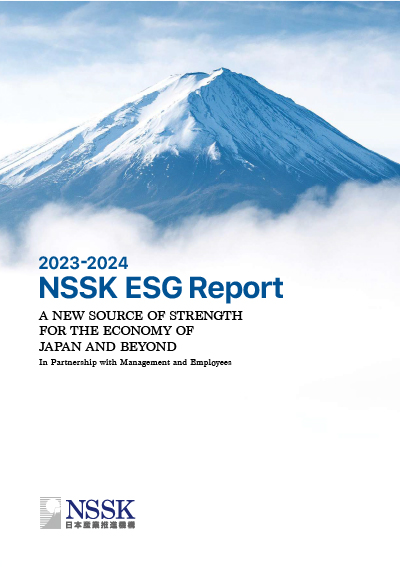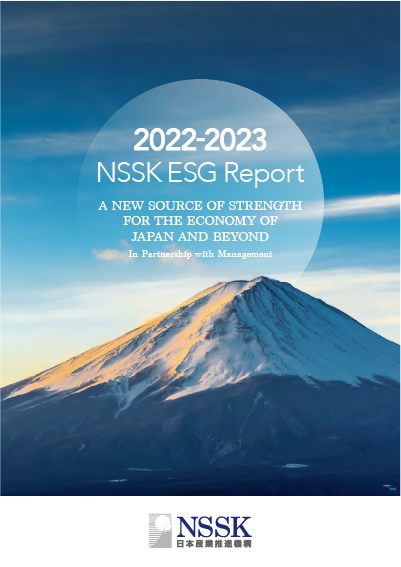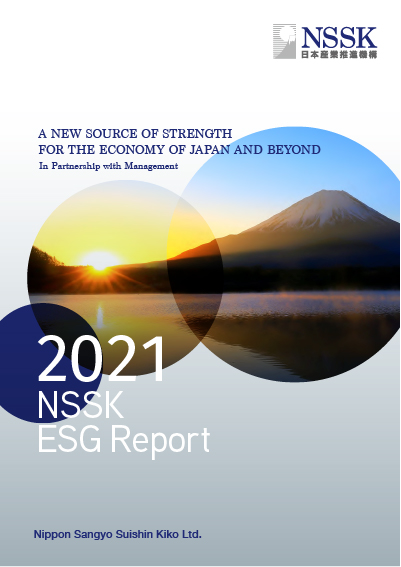ESG

ESG Policy
NSSK believes that implementing an Environmental, Social and Governance (“ESG”) policy is socially responsible and can also improve the returns in our investment portfolio. Since the establishment of NSSK, we have embedded the following principles in our investment process:
- Consider ESG issues associated with target companies when evaluating whether to invest in a particular company or entity, as well as during the period of ownership.
- Seek to engage with relevant stakeholders either directly or through representatives of portfolio companies, as appropriate.
- Seek to grow and improve the companies in which we invest for long‐term sustainability; work with portfolio companies through representation on their boards or other governance structures, with the goal of improving performance and minimizing adverse impacts in ESG areas.
- Seek to provide appropriate levels of oversight in the areas of audit, risk management and potential conflicts of interest and to implement policies that align the interests of owners and management.
- Comply with applicable labor laws in all respects, including those on wages, workplace safety, equal employment opportunities, and rights of employees to join unions and engage in collective bargaining, in the countries where we invest.
- Maintain strict policies that prohibit bribery and other improper payments in order to gain commercial advantage.
- Respect the human rights of those affected by our investment activities and seek to confirm that our investments do not flow to companies that utilize child or forced labor or maintain discriminatory policies.
- Provide timely information to our limited partners on our commitment to ESG matters.
- Seek ESG disclosure from our portfolio companies, and encourage our portfolio companies, service providers, and industry peers to advance ESG principles.
NSSK is a PRI signatory.
NSSK ESG Report
We are pleased to present the initiatives of NSSK in our “NSSK ESG Report,” accessible via the link provided below. Additionally, previous ESG Reports from past fiscal years are archived for reference.
NSSK is a PRI signatory
NSSK has become a signatory to the United Nations-supported Principles for Responsible Investment (“PRI), to express our commitment towards incorporating Environment, Social and Governance (“ESG”) in our business activities.
Since its establishment, NSSK had an Environmental, Social and Governance (“ESG”) policy and believed that implementing such a policy is both socially responsible and can also improve the returns of our investment portfolio.
By becoming a PRI signatory, we wish to reaffirm our commitment to be responsible to all of our stakeholders, portfolio companies, their management teams and employees and to further strengthen our fiduciary duty to our investors.
About the PRI
The PRI are investment principles launched in 2006 by Kofi Annan, then Secretary-General of the United Nations. It works to understand the investment implications of environmental, social and governance (ESG) factors and to support its international network of investor signatories in incorporating these factors into their investment and ownership decisions.
(appendix:https://www.unpri.org/pri)
The six Principles for Responsible Investment are as follows;
Principle 1: We will incorporate ESG issues into investment analysis and decision-making processes.
Principle 2: We will be active owners and incorporate ESG issues into our ownership policies and practices.
Principle 3: We will seek appropriate disclosure on ESG issues by the entities in which we invest.
Principle 4: We will promote acceptance and implementation of the Principles within the investment industry.
Principle 5: We will work together to enhance our effectiveness in implementing the Principles.
Principle 6: We will each report on our activities and progress towards implementing the Principles.
NSSK is a signatory to the “Operating Principles for Impact Management”
NSSK has become a signatory to the “Operating Principles for Impact Management” (hereafter “Principles” (2)), a global market standard for impact investing developed by the International Finance Corporation (hereafter “IFC” (1)).
The Operational Principles for Impact Investing is a framework introduced in April 2019 by the IFC and other leading impact investors to bring discipline, transparency and credibility to the impact investing market. The Principles require signatories to scrutinize and monitor the “impact” of their investments, which refers not only to the economic benefits, but also to the changes and effects on society and the environment that companies bring about through the projects they invest in. To date, more than 120 organizations around the world have signed on to the Principles.
We have long been promoting our group of impact funds that deliver positive environmental, social, and governance results while providing solid financial returns. Our Regional Impact Funds, which aim to revitalize local economies, have been successful in supporting small and medium-sized enterprises, creating jobs, and promoting women participation in the workforce and in management. With the signing of the Operating Principles for Impact Management, we are once again solidifying our commitment to ESG as well as impact investment and aiming to become a leader in this field.
(1) An institution of the World Bank Group, established in 1956. It is one of the world’s largest international financial institutions specializing in private sector development in developing countries. It works with the private sector in about 100 countries to help eradicate extreme poverty and promote shared prosperity.
(2) https://www.impactprinciples.org/

